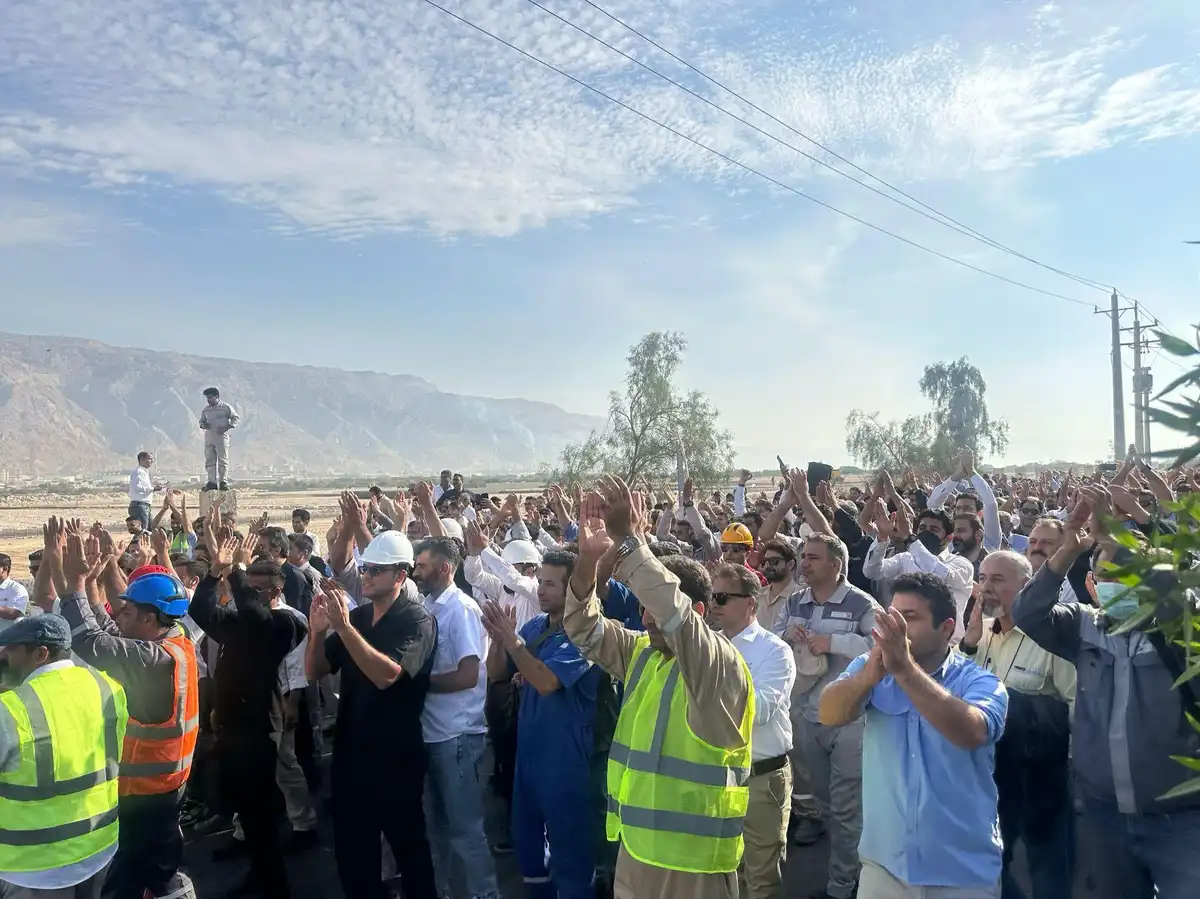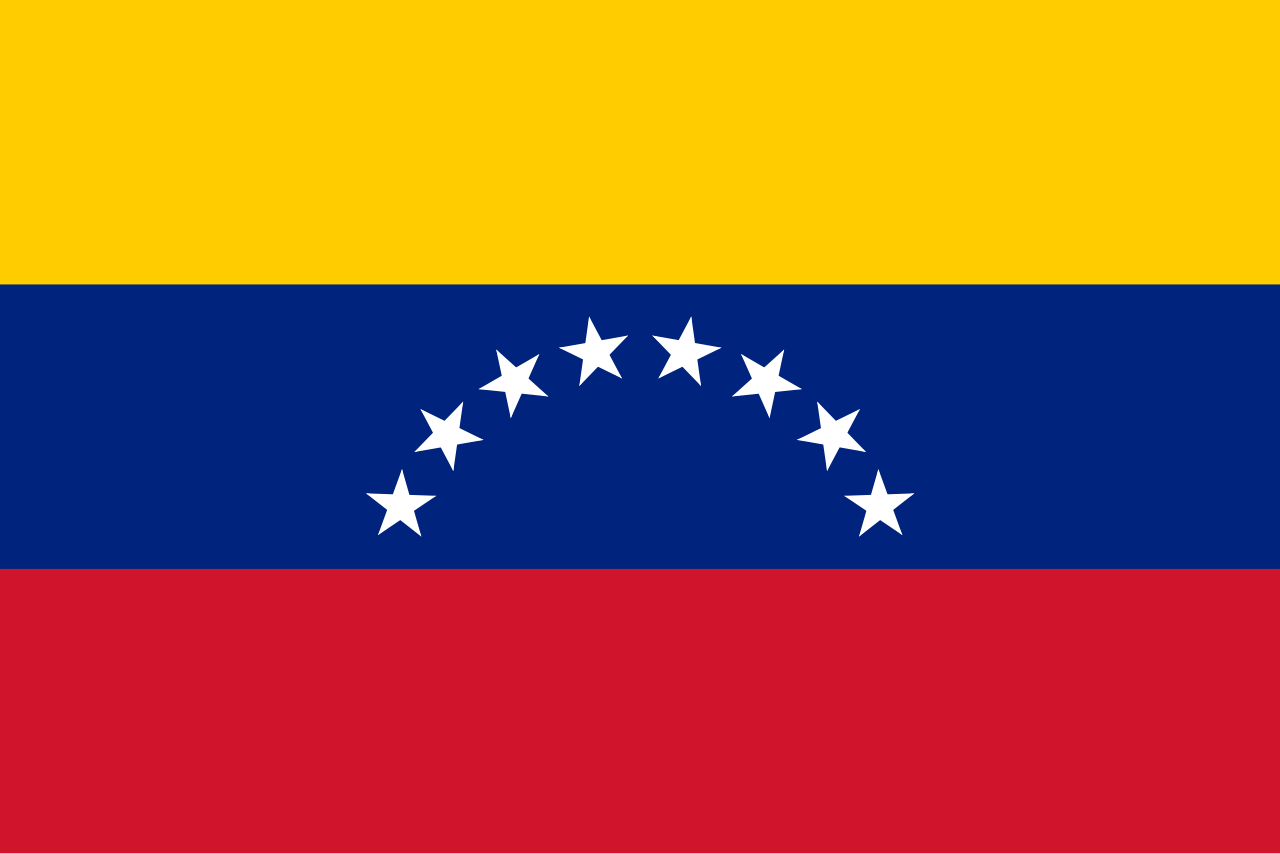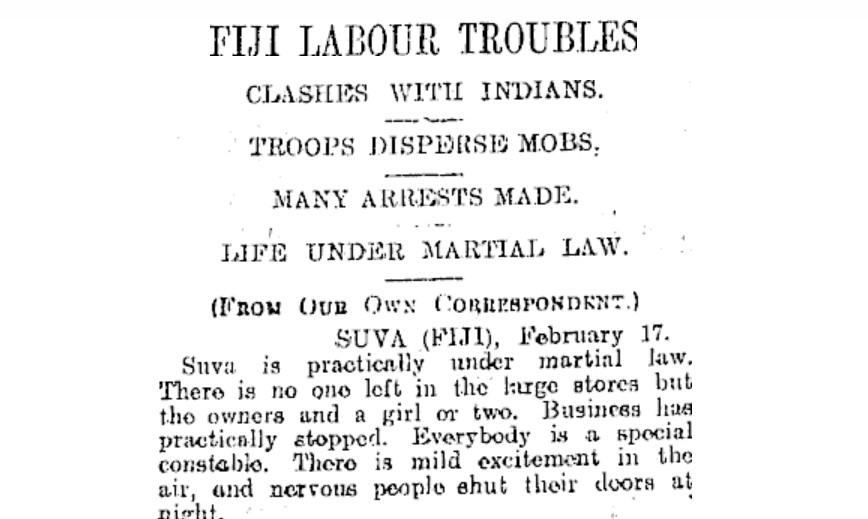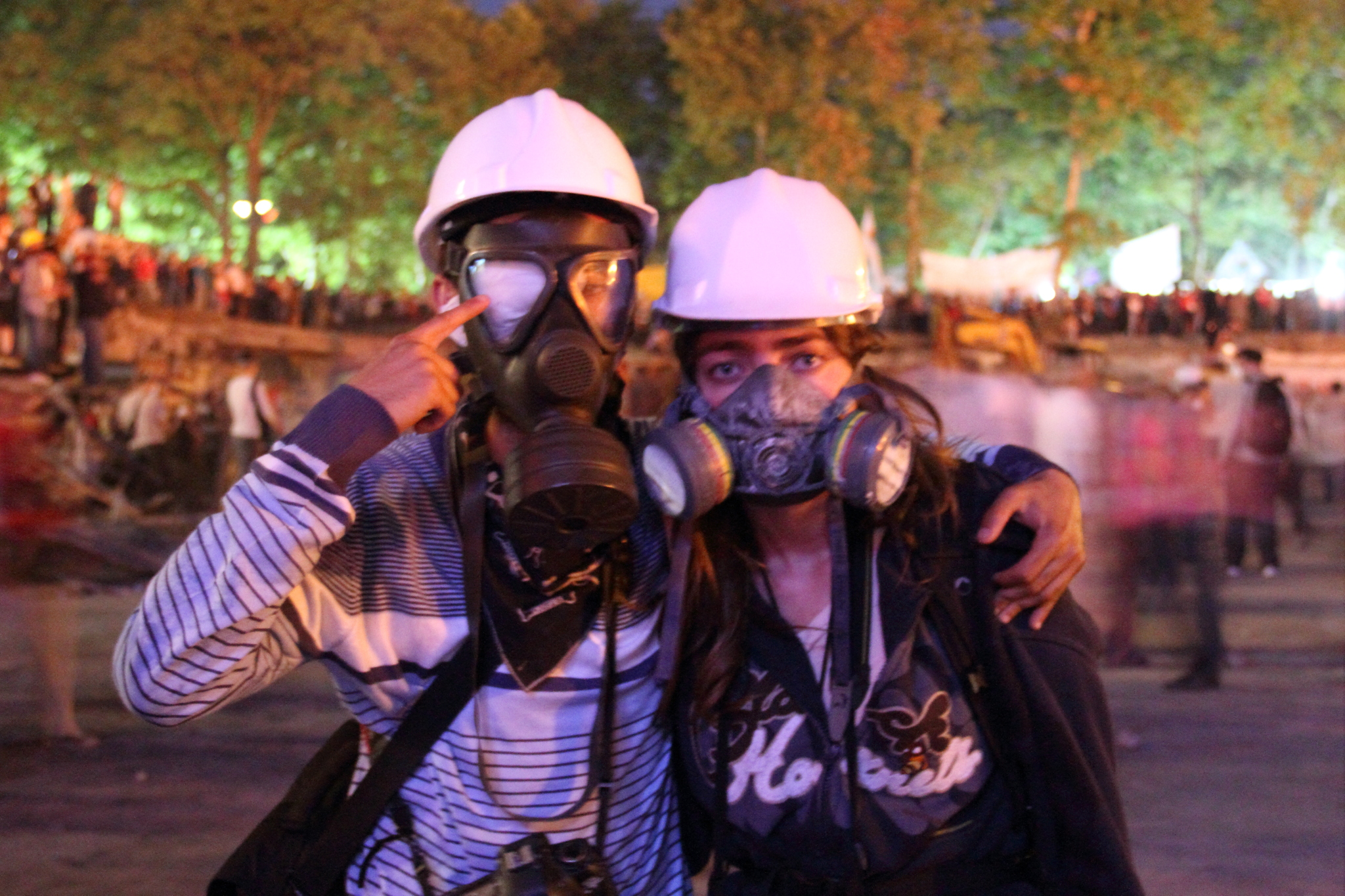What’s the biggest threat in the world today? For Australian Deputy Prime Minister Barnaby Joyce it’s not climate change, nor COVID; “more important to the nation than anything else” is the rise of China, and the need for the Australian state to bolster its military credentials and alliances in the face of the relative decline in US power. Joyce is really just saying the quiet part out loud and, over the past year, a number of senior Liberal and National party figures have talked up the prospects of an Australia-China war. Defence Minister Peter Dutton would not rule out conflict over Taiwan, Home Affairs Secretary Michael Pezzullo said the “drums of war” were beating, and PM Scott Morrison used the G7 summit to make similar threatening noises about China.
Here in New Zealand the temperature is lower, but the dish remains the same. Nanaia Mahuta, in her famous ‘Taniwha and Dragon’ speech on foreign policy settings, reminded her audience that the United States was an “integral defence and security partner” for New Zealand. New Zealand’s government, and this has been the case under National as much as Labour, leans more towards multilateralism and cooperation than Australia’s more full-throated conflict, reflecting the differing emphases of the two countries’ capitalist classes, and New Zealand’s smaller size and influence. Outside of the government, a string of news stories on Chinese influence in New Zealand politics.
All this is having an effect. The Asia New Zealand Foundation’s Perceptions of Asia survey, released in June, found that “positive sentiment” towards China had declined among New Zealanders, although not as sharply as the Lowy Institute poll, also from June, finding a “sharp decline” in positive sentiment towards China. Two global trends across the advanced capitalist economies form a backdrop to this too: the shift initiated under Obama, continued under Trump and pursued now by Biden, towards treating China as the main rival to US imperialism; and the growth, through the COVID-19 years, of anti-Asian racism and racist attacks in predominantly English-speaking countries.
This is a new situation. For a generation following the collapse of the Soviet Union the US Empire ruled unchallenged as the sole superpower. US imperialism’s defeat in Iraq, an invasion designed to try and strengthen that hegemony, and China’s extraordinary economic growth over the last thirty years has reshaped global capitalism. We are now in a period that is beginning again to resemble the bi-polar or multi-polar world of the twentieth century, with two economically and politically powerful capitalist states, China and the United States, confronting each other to try and shape their interests. The fracturing of US hegemony has been a slow, drawn-out, still incomplete process; this makes it all the more dangerous. As the US and its allies, such as Australia, attempt to contain China, and as the Chinese state asserts what it sees as its place in the world, the scene is being set for new conflicts over land, resources, access to markets, and political control.
It should go without saying that war with China, however ‘local’, would be a disaster for humanity. Military conflict over Taiwan would be sure to cost the lives of hundreds of thousands of soldiers, Chinese and Taiwanese, and could widen the circle of death to Japan, Guam, and the wider Asia-Pacific as the US intervened. Heightened tensions, leaving aside war itself, will bring misery to the lives of many: increased racism, increased surveillance, further attacks on racialized minorities. It’s vital, in this context, to speak out against the growing chorus of voices normalizing the prospect of war.
Important too, as part of this, to resist the more reasonable-sounding call for the New Zealand state to “stand up” to China on that state’s (very real) human rights abuses. As socialists, our main focus starts at home. It’s the sheerest hypocrisy for the United States and its allies, responsible for the dismemberment of Afghanistan and so many other wars of imperialist domination over the twentieth century, now to pose as human rights defenders elsewhere. There’s been much talk over the past years about growing Chinese influence in the Pacific, in Fiji in particular, as if New Zealand, Australia and the United States haven’t meddled in Pacific affairs and dominated the region through colonialism for more than a century! The Australian state lectures China on human rights while keeping refugees locked in atrocious conditions in detention centres. So much for ‘human rights’. Looking to the state to “take a stand”, no matter how real the concerns, will strengthen the forces pushing for more conformity and conflict. States’ concerns for human rights are never distributed equally: contrast the silence over Palestinian deaths and oppression at Israel’s hands with the US’s vocal condemnation of Chinese oppression of the Uyghur people.
This doesn’t mean, though, that that oppression isn’t real. The Chinese state and the economy it oversees has been built up over the past decades through the ruthless exploitation of the Chinese working class, the suppression of democratic and civic freedoms, the suppression of religious minorities, and crackdowns in occupied territories and Hong Kong. The Chinese state uses a different rhetoric to the US, certainly, and the state’s involvement in organizing the economy makes it look different, on the surface, to the Western powers, but, in its dynamics, this is another capitalist state building its power by exploiting the working class and trying to extend its influence abroad. China’s economy is the second biggest in the world, with 878 billionaires. The mass internment, forced labour and, at times torture, of the mainly Muslim population in Xinjiang is part of an aggressive process of economic and political expansion. Labour organisers, trade unionists and intellectual dissidents in China face prison, or worse, for trying to organise workers and students. The ‘Communist’ party is nothing of the sort, but an oppressive and tyrannical state-capitalist party overseeing this repression.
That’s why choosing to support China over the United States, or, grotesquely, to deny or minimize the very real oppression workers, religious minorities and dissidents are facing in China, is not, as some on the left imagine, a case of ‘anti-imperialism’ but rather, as the Australian socialists April Holcombe and Khyl Hardy put it, ‘alt-imperialism’. Opposing our own ruling class and US imperialism should not mean apologising for or denying the crimes of the Chinese state. It’s not just that this is wrong morally and politically – what is socialism if it is not international socialism? – it is also wrong tactically. Waves of migration over decades mean now there is a substantial section of the working class in New Zealand with family and cultural links to the People’s Republic of China and, when the borders open again, there will be PRC international students on campuses as well. They are the ones targeted by Chinese state intimidation, as much, if not more than, the intellectuals who have been the focus of media coverage. Building a successful left-wing political organisation that stands for human freedom will need to engage with this reality.
We must stand against the coming New Cold War, exposing the hypocrisy of the Western alliance that claims to stand for human rights and democracy while undermining both. This means both organising against war and the normalising of war talk, and arguing with those who legitimately oppose actions of the Chinese state that it is action from below, solidarity from workers’ organisations across countries, that can win these fights for freedom. The geopolitical rivalries of the two main capitalist blocs, the United States and China, will only become more intense as the century progresses, made more desperate by climate change and resource wars. We need to prepare and mobilise now.
Three principles can guide us:
- Absolute anti-imperialism: Neither Washington nor Beijing. Human freedom does not lie in backing one oppressive state over another, but in breaking through this destructive system. Our focus starts with opposing the war drive in our own state.
- Absolute internationalism: workers and the oppressed in New Zealand should solidarise with the struggles of workers and the oppressed in China for their rights as workers, to organise politically, and for religious and civic freedoms. A workers’ revolution in China, taking inspiration from Tiananmen Square 1989, would be an inspiration for true democracy and freedom globally on a scale never before seen. Chinese workers are potential allies, not a threat or mere victims of their state.
- Absolute anti-racism: in this struggle between states it is working people who will pay the price. We should expect intensified anti-Chinese racism as the tensions increase, and it is the job of every socialist and unionist to combat this racism. Pitting worker against worker only serves the bosses and the state









